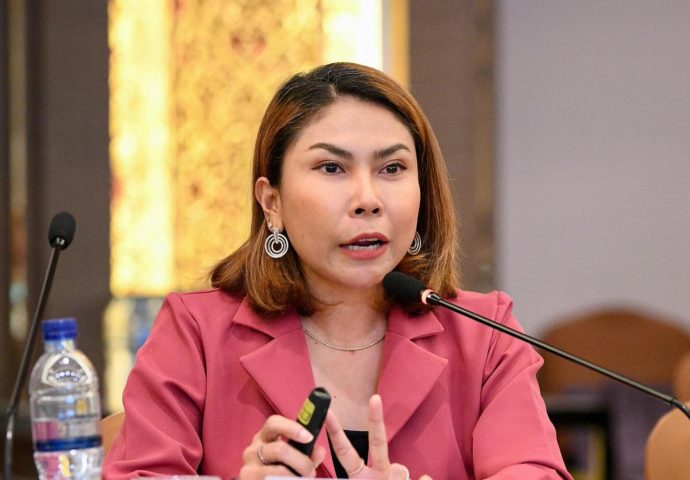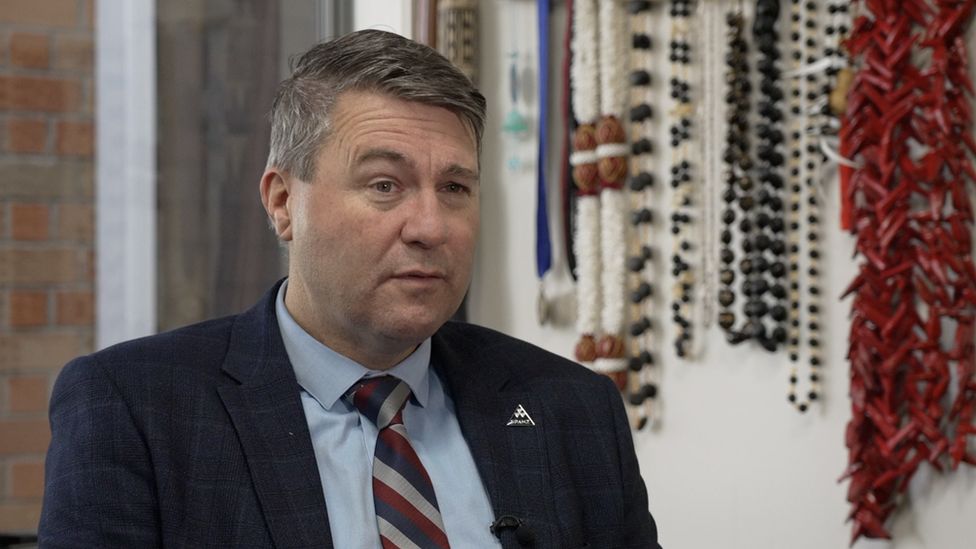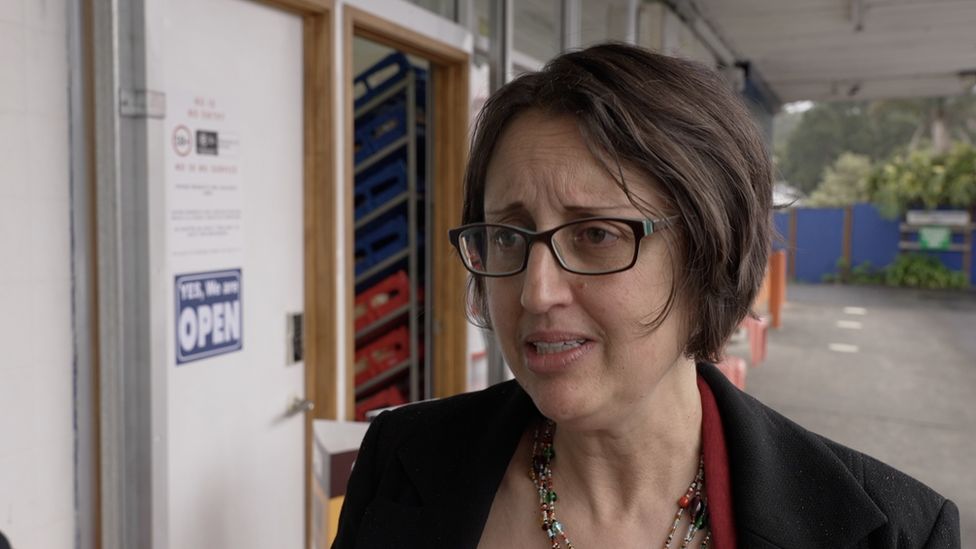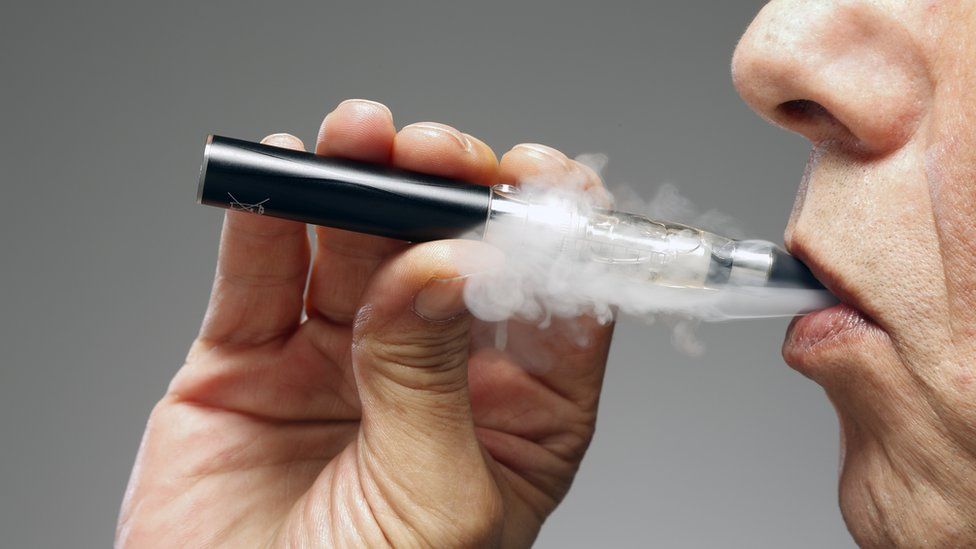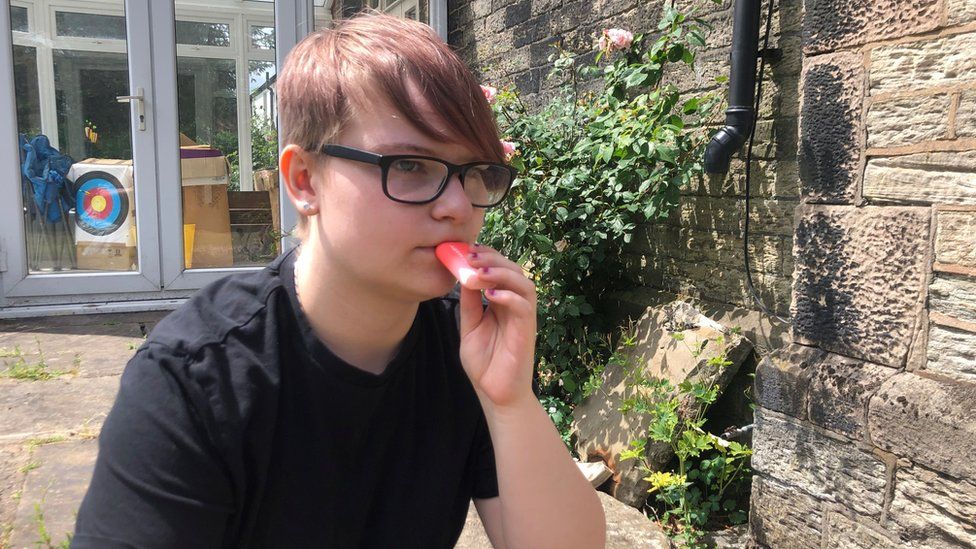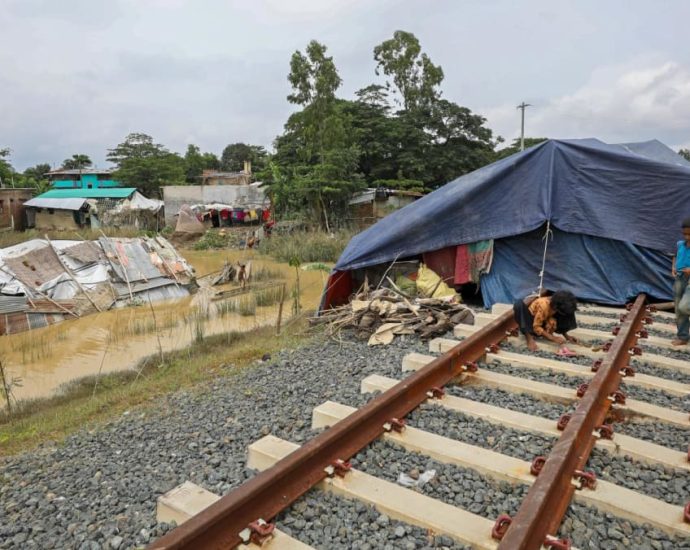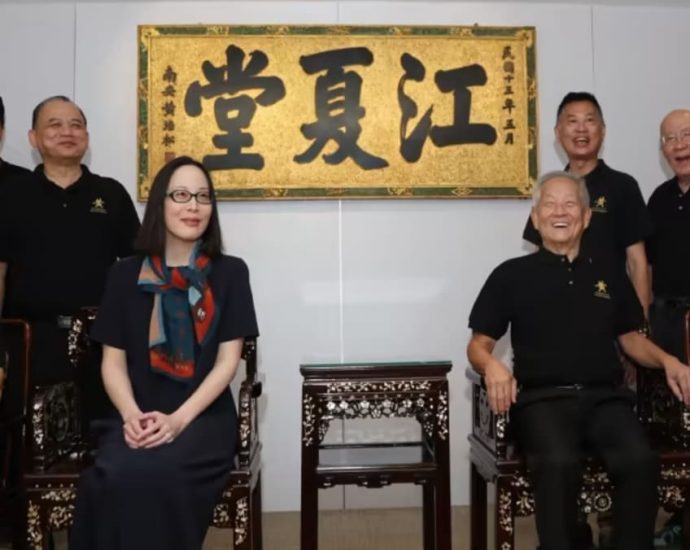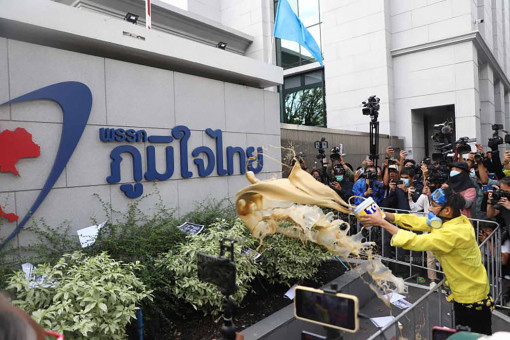Scammers up ante with ransom demands

Victims told to record cash pleas to families
PUBLISHED : 14 Aug 2023 at 04:30
Gangsters forced university students to film fake abduction videos that they intended to send to victims’ parents to demand ransom money.
The case surfaced after another university student in Lat Krabang district fell victim to the same trick and was rescued on Friday. Police suspect the call centre gangs operated from Myanmar and Cambodia.
Pol Maj Gen Panthana Nuchanart, deputy commissioner of the Immigration Bureau (IB) and chief of ️Police Cyber Taskforce (PCT) Team 1, yesterday said police had rescued another victim who was tricked into wiring money to call-centre scammers.
The incident happened on Aug 7 when one of the scammers called the victim, a third-year student at a university in Bang Khen district of Bangkok, and claimed they were staff at the Thailand Post Office in Songkhla province.
They told her that her bank passbook had been found in a package which was linked to a money-laundering activity.
Inside the said package were 12 Myanmar passports, nine ATM cards and eight bank passbooks including the victim’s, claimed the scammer.
The scammer then suggested the victim file a report to Songkhla police and volunteered to get her through the process, knowing that the victim was unable to travel to the southern province herself.
They later invited another colleague from the call centre to pose as the superintendent of Songkhla police station. The fake police questioned if the victim had received an unusual amount of money sent to her bank account and she found that a transaction worth 13,00 baht from an unknown bank account had been made earlier that day.
Pol Maj Gen Panthana said the scammers had sent fake documents of the victim showing her ID number and her full name, convincing her that they were actual police.
Being told that she was involved in the money-laundering case, the scammers proceeded to direct the victim to sign up for a new phone number and move out to a hotel room in Rangsit area in Pathum Thani before deleting all her social media accounts on her mobile phone.
She was instructed to sign up for a new Line account on her iPad and only chat with the scammers who were disguised as officials from the Anti-Money Laundering Office (Amlo). Her incommunicado state was constantly observed by scammers through video calls.
The scammers told the victim to tie her hands and ankles with duct tape and film herself as if she had been abducted. They later sent the videos and photos of the victim to her mother, tricking her into believing that the victim was kidnapped for ransom.
Pol Maj Gen Panthana said that once officers had arrived at the hotel in Pathum Thani to rescue the victim, the scammers immediately hung up on the call. An investigation showed they are based in Thachikek town in Myanmar.
Another case occurred on Friday. A second-year university student in Lat Krabang district was given the same script, but Thailand Post Office claimed the victim had mailed an illegal item to Songkhla province.
Later, the victim was asked to wire money from all of her accounts to the scammers as they claimed that they had to look into the transaction history of her bank accounts. They also demanded a 3-million-baht ransom, claiming that she was held hostage and her fingers would be cut if the family did not wire the money.


